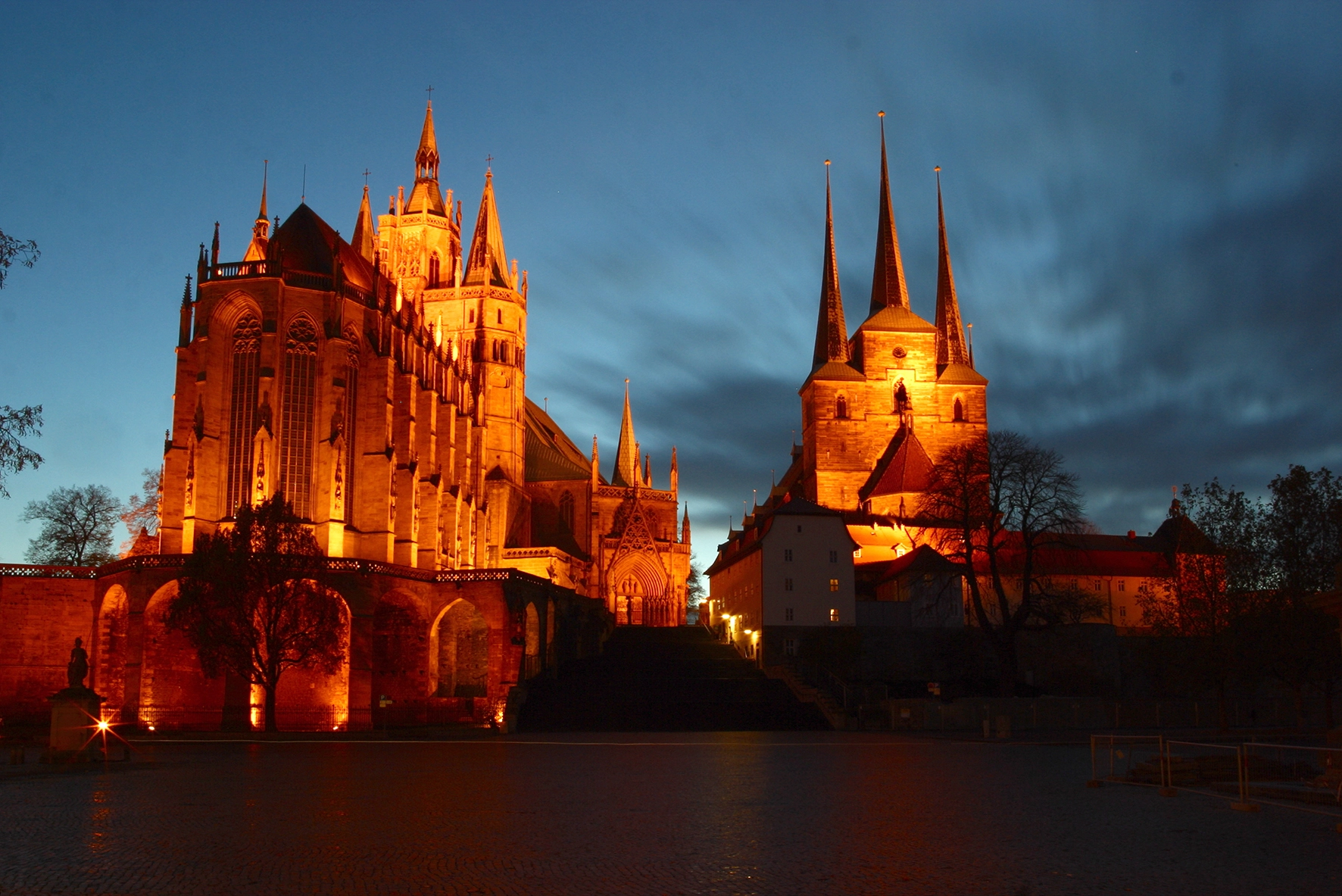For the future, the working group proposes to offer the main phase of training for four years of theological studies at only three locations: in Munich, Münster and Mainz. The propaedeutic course, the one-year introductory phase before the studies, should only be offered in Freiburg and Bamberg. For the phase after the studies, the training in the pastoral course, the group proposes "Paderborn in cooperation with Erfurt, Rottenburg-Stuttgart and a location to be determined by the Freising Bishops' Conference for Bavaria". In the reasoning it says that "sufficiently large study groups" are necessary and "academic places which allow a common training of all pastoral ministries".
In the past - with the exception of the East German dioceses - almost every diocese had its own seminary. But in view of the decreasing number of candidates for priesthood, several dioceses had already joined together in groups to train their candidates for priesthood together in the past years.
The bishops emphasize that the proposal is to be a "basis for further discussions and considerations" and that no decision had yet been made about the locations. In the end, each bishop must make the decision for his diocese himself.
"The report is a landmark in the discussion about locations for seminaries, but not about theological faculties," says Prof. Dr. Jörg Seiler, dean of the Faculty of Catholic Theology of the University of Erfurt. "The decreasing number of priests, beyond the legal basis, should not be a factor in the plausibility of theology at state universities. The fixation on the function of the the theological faculties on training places for young people for the church is a historical relic that should be overcome long ago today in science policy".
Prof. Dr. Jörg Seiler has summarized his considerations in a statement (german only), which has now been published.


